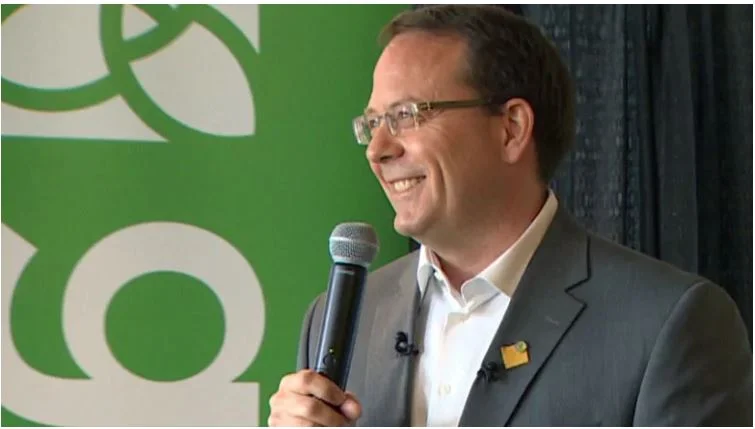Following W5’s report, and in an abundance of caution, the City consulted with the Ministry of Environment, Conservation and Parks (MECP) and Wellington-Dufferin-Guelph Public Health. On May 23, 2023, staff collected a sample of water from the Glen Collector System at the Arkell Spring Grounds. Lex Scientific was contracted to analyze the sample and on June 1, 2023, the City received the results of the sample. The Lex Scientific water analysis technical memo indicated tests showed no detection of asbestos fibres in the raw water groundwater sample.
City of Guelph tightens water restrictions as dry weather continues
Residents in Guelph are currently forbidden from watering their lawns, and may be fined if they do. A number of regions in Ontario have implemented water restrictions due to the drier than usual weather. “We’re definitely in a dry spell, and as a result, we are using more water in terms of watering lawns and various activities,” said Mari MacNeil, environmental services at the City of Guelph. “Guelph is on an underground water base system. We need to be very careful about our water use.” Environment Canada said since the middle of June, southwestern Ontario has been drier than normal.
Surrounding municipalites express concern with Guelph’s plans to add water wells
The City of Guelph is looking to build future wells in neighbouring municipalities such as the Township of Guelph/Eramosa and Puslinch as it has exhausted its water sources. Guelph/Eramosa council received an update on talks between the city and the two townships from Kyle Davis, the risk management official with Wellington County at its meeting this week with regards to the City of Guelph’s water supply master plan. The city is required to update its water supply master plan every five years, and it’s looking for alternate sources of water due to anticipated growth.
Nestle sells Pure Life bottled water business as changes to Ontario groundwater rules loom
Nestle Canada Inc. says it is selling its Pure Life bottled water business to Ice River Springs as Ontario prepares to give its municipalities veto power over new water bottling permits. The sale for an undisclosed price is expected to close in the third quarter and is contingent on regulator approval. The sale includes two factories located in Puslinch, Ont., and Hope, B.C., along with a well in Erin, Ont.
Decision coming soon on water bottling permits in Ontario, environment minister says
A decision on how to proceed with water bottling permits is expected by early to mid-December, with a review nearly complete, Ontario's Environment Minister Jeff Yurek said Thursday. A moratorium on new and expanded permits to take water for bottling, which was put in place by the former Liberal government in 2017, and was extended last year by the Progressive Conservatives, is set to expire on Jan. 1. Yurek said his decision will be based in science, though if the government can't find a "conclusive way to go forward" he would extend the moratorium again.
Ontario's Green party leader to table first bill ever and it's on water protection
Green Party of Ontario Leader Mike Schreiner will table his first ever private member's bill Wednesday. In it, he asks the province to protect a drinking water source for Guelph, Wellington county and Waterloo region. It's the first bill introduced by the party in the provincial legislature. "For decades the people of Guelph have shown the province how to responsibly use water and what it means to defend water against private interests. Now, climate change and sprawl are putting even more strain on our water supply, so we must take action to protect what's left," Schreiner said in a release prior to tabling the bill Wednesday.
Water is priceless, but not free: How much should it cost?
No Canadian pays for water – not citizens, farmers or industry. Under NAFTA first – and now the USMCA – if the government starts selling water, it becomes an exportable product, which is widely recognized as a very bad idea. What does cost money is the use of water infrastructure: things such as pipes, testing and labour. Large industrial users are charged more than residents for the privilege, but the amount collected from commercial water bottlers in Ontario has long been criticized as ridiculously low. Until 2017, the administrative fee was just $3.71 for every million litres. The provincial government now charges $503.71 for that amount.








